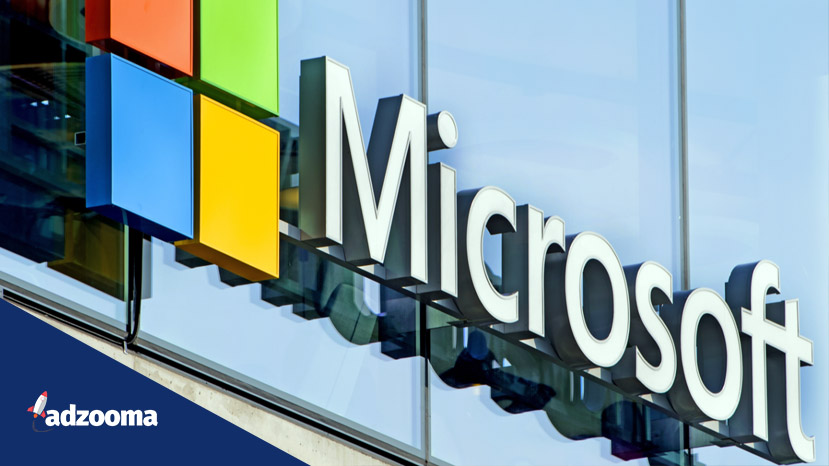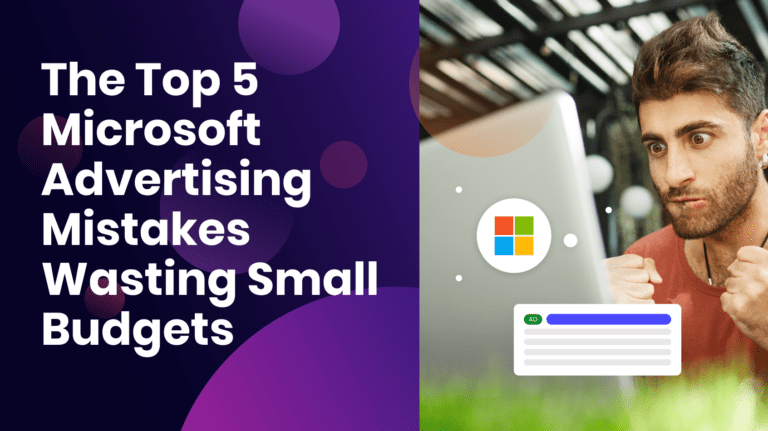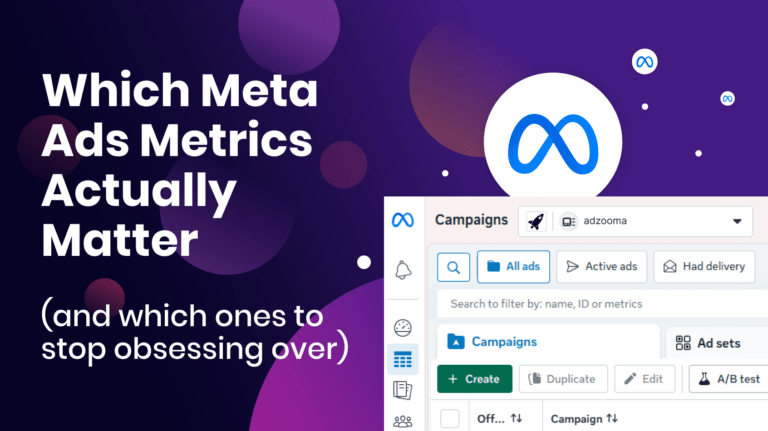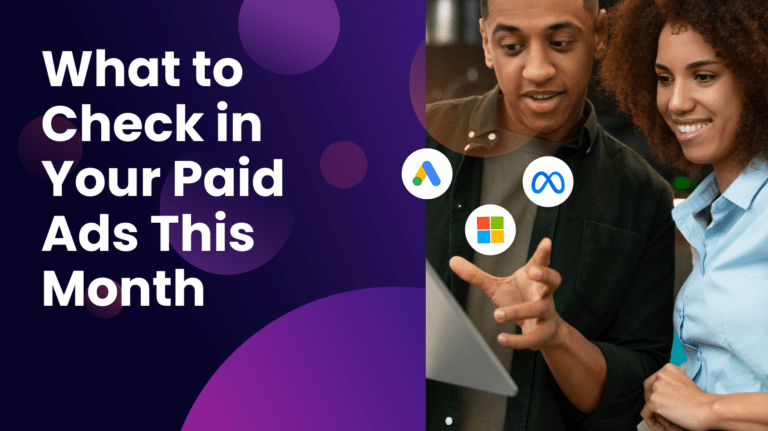On the one hand, this looks like it could be a great thing for advertisers – Microsoft stated the following stats upon this announcement:
- Advertisers using eCPC achieve 5-10% more conversions while maintaining their cost per acquisition (CPA).
- With eCPC, your average cost per click (CPC) won’t exceed the maximum bid you set.
- Some advertisers have used eCPC with technology provider bid strategies to achieve a +20% conversion rate (CVR) and -20% CPA due to the power of auction-time adjustments.
- eCPC benefits search partner performance by optimizing for high-quality clicks.
However, on the other hand, there are again concerns from the PPC community that this is a further step towards a loss of control over our ad campaigns.
So what does this actually mean?
Introduced in 2016, Microsoft’s Enhanced CPC utilises machine learning to analyse whether a searcher is more or less likely to convert based upon past conversions.
“Enhanced CPC will help your campaign get more conversions, lower your cost per acquisition, and improve your return on investment in Bing Ads,” said the blog post at the time of announcement.
“With manual CPC bidding, the advertiser is completely in control of the maximum bid they set for a keyword,” says our PPC Manager Sophie Logan.
“With Enhanced CPC, the platform’s algorithms can make adjustments to a bid when a click is more likely to result in a conversion. The algorithm is based on trends and patterns from your previous campaign performance, such as time of day, day of the week, location and browser type.”
For those that are still using Manual CPC, the migration will begin in March. By April 5th there will be no option of choosing Manual CPC for new campaigns. And by April 30th all campaigns not using Enhanced CPC will be automatically migrated.
“Most advertisers are already using some form of smart bidding, so it should not result in too much of a shake up,” says Sophie. “It does however mean that it is more important than ever to ensure that conversion tracking is set correctly. Without accurate data, the algorithm can not perform effectively.”
Have a read of our Conversion Tracking guide to make sure you’re firing on all cylinders.
In their blog post, Microsoft said they “recommend setting up tests to identify and/or validate your optimal automated bidding setup, which may include but is not limited to Enhanced CPC. For search campaigns, we recommend using Campaign Experiments to validate performance.”
And they’ve also laid out this decision tree to help get you started.
The Community’s Reaction
Whereas we saw the community blow up in reaction to Google phasing out the Broad Match Modifier, reactions have been a bit more tempered regarding this announcement (though, a lot of that is probably down to the fact this is Microsoft and not Google).
But that doesn’t mean we haven’t seen any activity. Here are some reactions and previous tweets on Enhanced CPC:
“Micromanaging your bids isn’t always a great idea, but manual CPC offers smaller or niche advertisers with less volume more control.”
Amalia Fowler, Director of Marketing at Snaptec Marketing.
“This is a good reminder that I need to be constantly testing bid strategies in Google because we are still manual there,” says
Zack Bedingfield, Acquisition Marketing Manager at Coconstruct
“Again, the majority of advertisers are already using smart bidding in their accounts. So whilst on the surface it may sound like a huge change, the reality is that most advertisers won’t be affected. Those who will feel the impact the most are those who are not regularly monitoring and optimising their accounts, and reviewing the quality of their conversion tracking. It will be interesting to see if Google follows suit, but as it stands there are no plans to remove Manual CPC from Google Ads.”
Sophie Logan, PPC Manager at Adzooma
Being forced into automation isn’t necessarily a good thing, though. I’m currently running an A/B test on bid strategies and my manually run eCPC is outperforming Max Conv, replicating the results for the second time running this. #ppcchat
— Eric Heiken (@EricHeiken) February 4, 2021
What’s your take on Microsoft’s latest move? Head over to our Digital Marketing Facebook group to get involved in the conversation.




